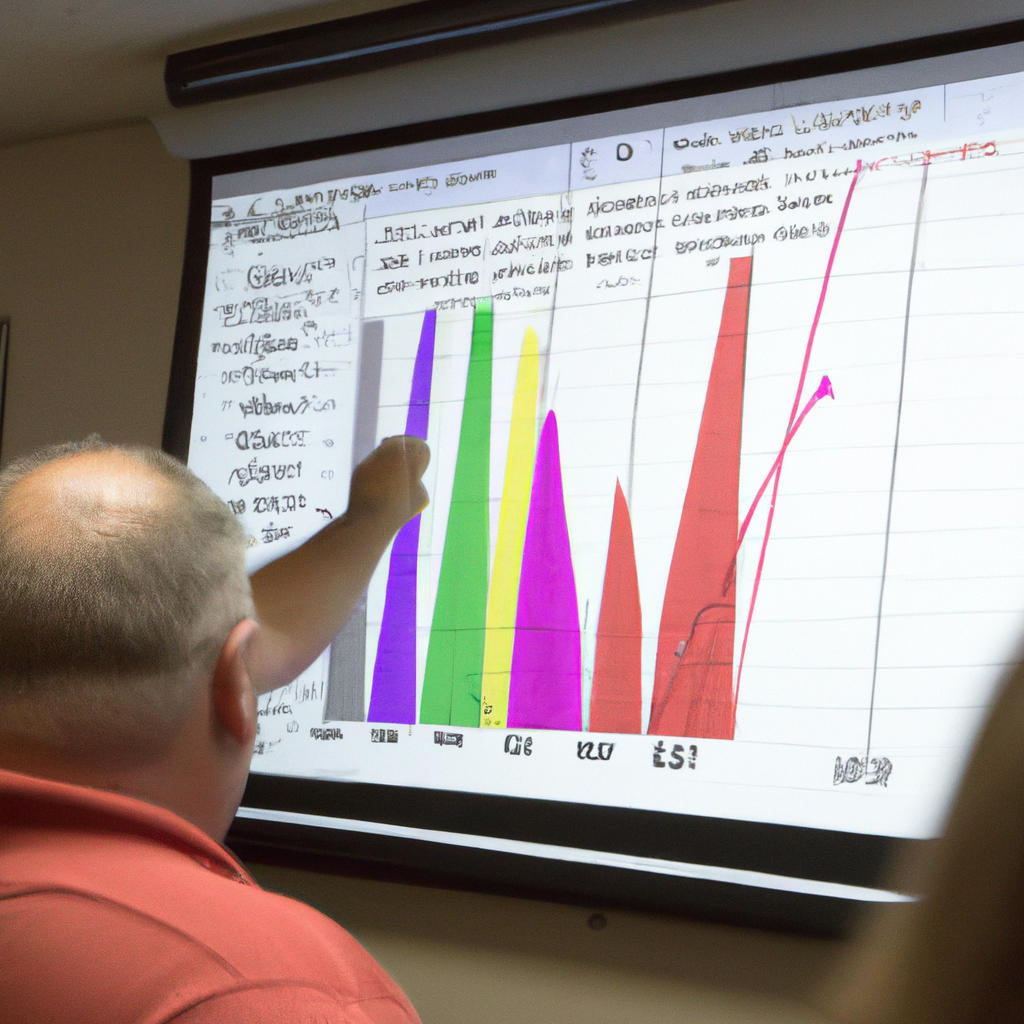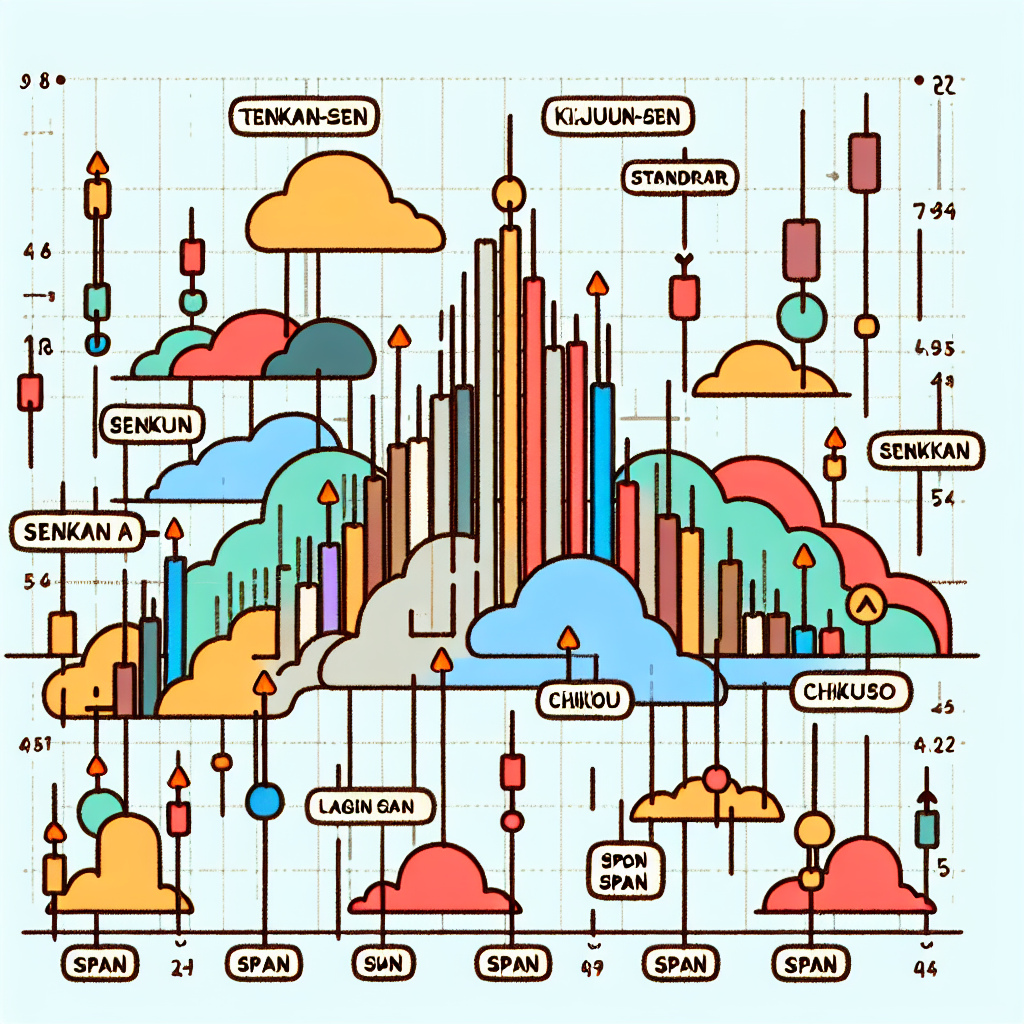
Regional Market Performance
Introduction
Regional market performance refers to the overall economic activity and growth in a specific geographic area. It is important to analyze regional market performance to understand trends, opportunities, and challenges that may impact businesses and consumers in that region.
Factors Affecting Regional Market Performance
Economic Indicators
Economic indicators such as GDP growth, unemployment rates, inflation, and consumer spending play a significant role in determining regional market performance. A strong economy typically leads to higher consumer confidence and increased business investment.
Industry Trends
The performance of specific industries within a region can also impact overall market performance. For example, a region with a strong technology sector may experience higher growth rates compared to regions with declining industries.
Government Policies
Government policies and regulations can have a significant impact on regional market performance. For example, tax incentives for businesses or infrastructure investment can stimulate economic growth in a region.
Measuring Regional Market Performance
GDP Growth
Gross Domestic Product (GDP) growth is one of the key indicators used to measure regional market performance. It represents the total value of goods and services produced in a region over a specific period of time.
Unemployment Rates
Unemployment rates are another important indicator of regional market performance. Low unemployment rates indicate a strong job market and economic growth, while high unemployment rates may signal economic challenges.
Consumer Spending
Consumer spending is a critical driver of economic growth in any region. Monitoring trends in consumer spending can provide insights into the overall health of the regional market.
Challenges and Opportunities
Challenges
Regional market performance can be impacted by various challenges such as economic downturns, natural disasters, and global economic trends. It is important for businesses and policymakers to be aware of these challenges and develop strategies to mitigate their impact.
Opportunities
Despite challenges, regional market performance also presents opportunities for growth and innovation. By identifying emerging industries, investing in infrastructure, and fostering a skilled workforce, regions can position themselves for long-term economic success.
Conclusion
Regional market performance is a complex and dynamic concept that requires ongoing analysis and monitoring. By understanding the factors that influence market performance, regions can make informed decisions to promote economic growth and prosperity.






